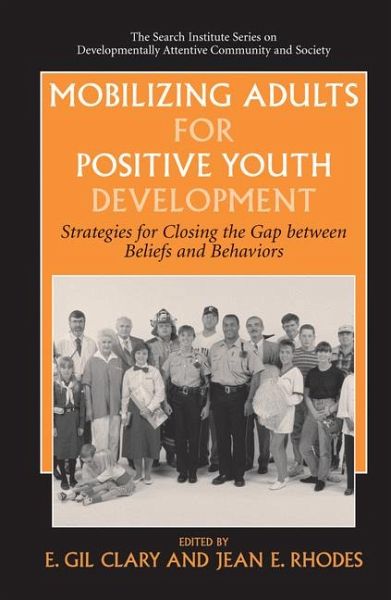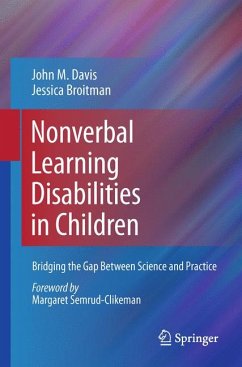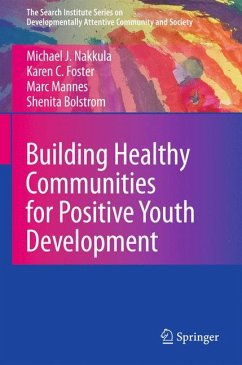
Mobilizing Adults for Positive Youth Development (eBook, PDF)
Strategies for Closing the Gap between Beliefs and Behaviors
Redaktion: Clary, E. Gil; Rhodes, Jean E.

PAYBACK Punkte
36 °P sammeln!
Perhaps no other challenge is more pressing in creating "developmentally - tentive community and society" (the theme of this book series) than mobilizing adultstoplayactive,constructiverolesinthelivesofchildrenandadolescents.In a society that too easily defaults to designing programs as cure-alls for meeting young people's needs, particular attention must be paid to understanding and mobilizing the kind of positive, relational energy that prepares each successive generation to assume its place in society. Although programs and institutions certainlyplayimportantroles,thekeyliesinthepersonalcom...
Perhaps no other challenge is more pressing in creating "developmentally - tentive community and society" (the theme of this book series) than mobilizing adultstoplayactive,constructiverolesinthelivesofchildrenandadolescents.In a society that too easily defaults to designing programs as cure-alls for meeting young people's needs, particular attention must be paid to understanding and mobilizing the kind of positive, relational energy that prepares each successive generation to assume its place in society. Although programs and institutions certainlyplayimportantroles,thekeyliesinthepersonalcommitment,invol- ment, and investment of adults in young people's lives. In Mobilizing Adults for Positive Youth Development: Strategies for Closing the Gap between Beliefs and Behaviors, E. Gil Clary and Jean E. Rhodes have ass- bled the insights of leading scholars from multiple disciplines and contexts for engaging a broad cadre of adults as allies for youth development. As the editors write,thequestionguidingthebookis,"Howcanwemosteffectivelyencourage adults, both individually and collectively, to begin to behave differently with - spect to the young people of a community, to do so consistently, and to do so in a variety of ways?" What is being proposed, then, is nothing less than a social movement that engages individuals, small groups, neighborhoods, workplaces, schools, faith communities, and broader social institutions in attending to the well-being and healthy development of young people.
Dieser Download kann aus rechtlichen Gründen nur mit Rechnungsadresse in A, B, BG, CY, CZ, D, DK, EW, E, FIN, F, GR, HR, H, IRL, I, LT, L, LR, M, NL, PL, P, R, S, SLO, SK ausgeliefert werden.












